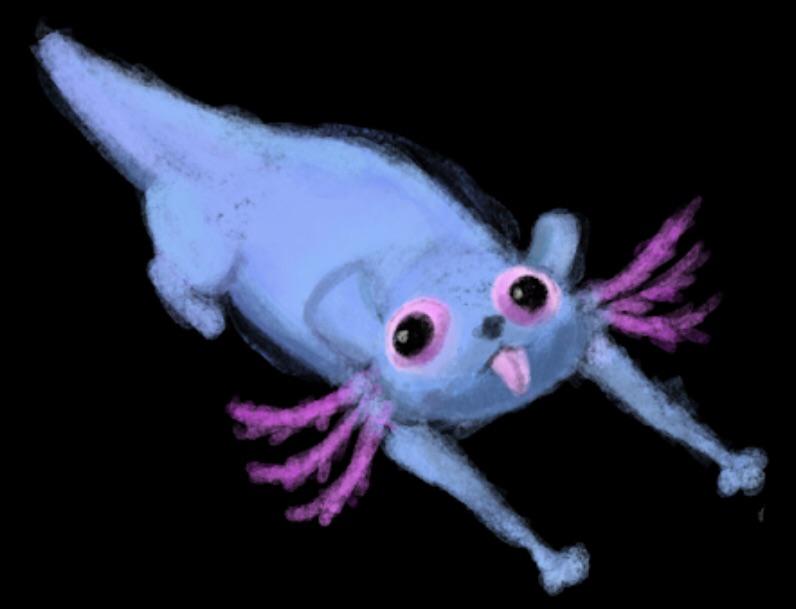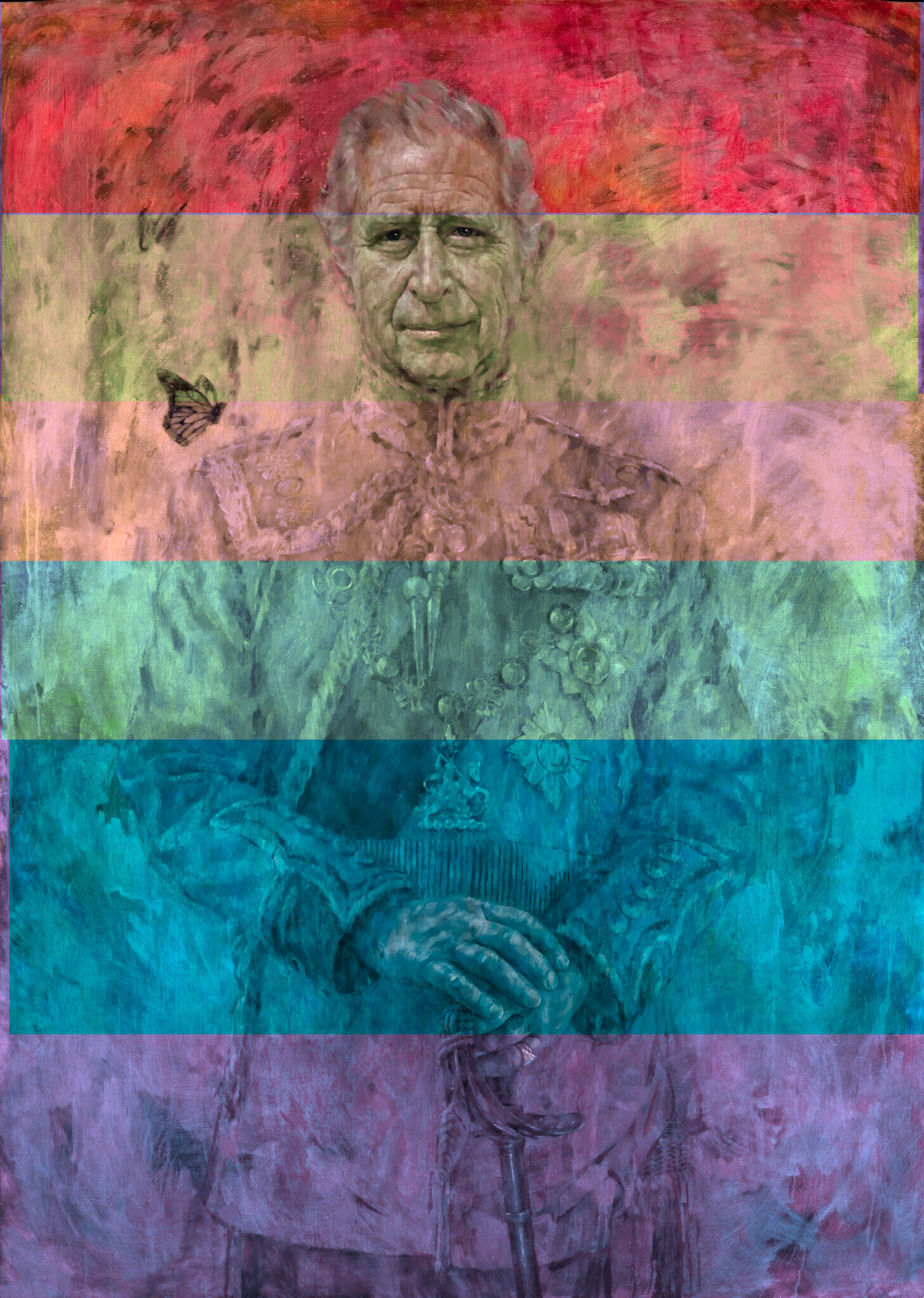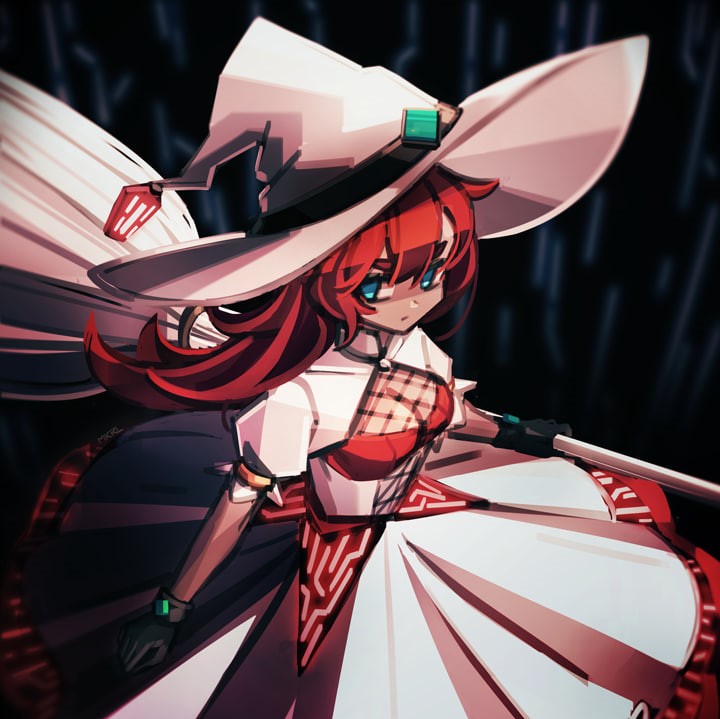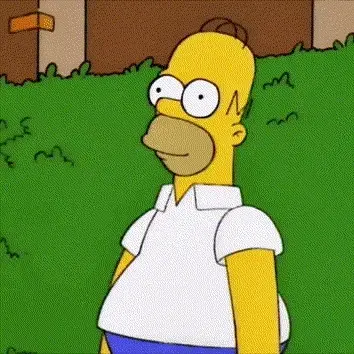would be fun
I only watched the first couple seasons of The Boys (somehow less edgy than the comic book!)
But Huey slowly coming to the realization that sometimes the enemy can't be defeated through the system and sometimes there are controlled opposition on "your side" working to just hinder your movement and you really do gotta come out and kill people sometimes.
Now it's not him siding with the villains, so much as a liberal realizing the futility of non-violence and working within the system, and joining up with a guerilla terrorist group that eventually gets recruited by the CIA is surprisingly realistic for a superhero show made by Amazon.
Yeah most of the time it involves Batou and the Major realizing they're cops
Or just a Magneto movie where he doesn't just randomly decide to start murdering someone or betraying everyone around him because "he only knows vengeance" or some other bullshit to remind you he's supposed to be the bad guy.
Seriously, he'll be strategic, logical, and the most insightful character throughout most of each movie and then to balance that out, they need to make him throw all of it away to do something overtly evil that deviates from his plan or the plan suddenly has a twist that involves someone's death with little to no good justification. Why? Because he's supposed to be the baddie.
For once, just drop the act and let us have a cool Magneto that makes sense and doesn't do deranged shit. Idgaf if he's meant to be the villain or an antagonist, everything he does is more interesting than the tired platitudes Prof X and crew give us. The plot always ends up the exact same. In Dark Phoenix and even for a bit in Apocalypse they decided to ease up on him and let Magneto just be cool, but they still had to add enhinged, murderous rage scenes and spontaneous moments of betrayal that are otherwise completely inconsistent with his character and goals.
We don't need a clear black and white, good vs evil story.
Nah, magneto makes sense. Someone who survives the Holocaust and then says "no one should do genocide like this again, which is why I must do genocide?" It's not like there's an entire country based on that exact thing, that would be silly.
Good point, but what I meant were the smaller actions like suddenly turning on other mutants at critical moments that don't make sense. His ideas to eradicate humans to protect mutants made sense as "I'll achieve my goals by any means necessary" is his M.O.
One of the ones that bugged me the most was in First Class. They are trying to prevent the humans from being able to acquire and exploit Mystique's DNA, so immediately after preventing her from being captured, he decides that it's best if she dies to prevent that from ever happening. This logic can be justified, but he decides to accomplish this by shooting her in a location the humans control, in essence spreading her DNA everywhere and presumably leaving her body behind for them to exploit anyway.
It completely defeats the purpose of everything he was working towards and negates what he had just accomplished. It was those kinds of inconsistencies that bug me.
Not a movie and I haven't finished it, but I believe The Rose of Versailles does this. The main character is a royal guard for Marie Antoinette who starts out only seeing the perspective of the nobility, but gradually sees more and more of the horrific conditions regular people are dealing with on a regular basis and joins the revolution.
I hate to say it cause it is so mediocre but, Captain Marvel is exactly this idea
I'd say it's more of a "twist villain" rather than the hero being convinced the villains were right.
Kinda, but I mean if you did a story about say the Saint Patrick's battalion it would follow similar beats in that sense. Taken in by a faction, told these people are your enemies, realize they are actually the victims, switch sides. It is a distinction, but not a big one
Is Ex Machina a good example? I mean the 'hero' ends up not on the 'villain's side at the end but for reasons that have to do with the villain being too right for the hero.
Most antihero stories feature the antihero as the protagonist though, and they tend to be the lesser evil among many morally bad characters. I can't think of many examples of the antihero trope where they coexist with a "good" protagonist and the protagonist ends up siding with the antihero. Usually it's the complete opposite, something like RRR or the shounen cycle where an antihero character who starts off as a powerful villain becomes an ally to the unambiguously good protagonist when faced with a common enemy.
I think OP means a scenario that's not an antihero, or a really shittily written one if the character is technically an antihero.
I'd dispute the "bad movie" label on that one. Robot Jox is a definite B-movie, but actually a pretty good one.
Crouching Tiger Hidden Dragon and Joint Security Area both feature something kinda like this, but the "villain" is presented sympathetically from the start, and both sides develop instead of just having the antagonist change for the sake of the protagonist. Decision to Leave might be closer, but I get the feeling you're looking for a movie that might involve political conflict and that movie is focused on few interpersonal conflicts.
Yeah Avatar is an obvious example too, but the blue guys are sympathetic almost immediately.
Suzaku's arc in Geass is kinda like this. Of course it's all insane but there's definitely an element of what you're talking about.
Yeah the guy goes through a very well written radicalization arc. Starts the show being an insufferable liberal, ends it supporting the revolution he fought against. Don't expect any kind of real leftist theory from this anime, but it at least wears genuine anti-imperialism on its sleeve.
Not a movie, but the first three books Glen Cook's The Black Company are basically this arc.
Never thought I'd see The Black Company referenced on this site. I don't have high hopes that we will, Cook is very old, but I'd love it if we get A Pitiless Rain someday as a capstone to the series. I mean, Soldiers Live is a pretty good capstone to the series, but now we've got Port of Shadows sitting there kind of awkwardly as the last Black Company book (I like Port, but it is an odd book and quite stylistically different from any other Company book, imo).
Fingers crossed, but I'm pretty used to the JRR Martin treatment
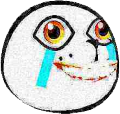
I don't think you're supposed to conclude that Ozymandias is right.
Most of the heroes side with him, which I think was the question. In terms of what the reader is supposed to think, that's of course an opinion formed. For what it's worth, the author Alan Moore apparently hates Rorschach, the one hero who does not side with Ozymandias. Moore is an eccentric though.
I would contend you're supposed to dislike all of them, Rorschach is a moral absolutist who can't accept the other characters' tolerance of Veidt's plan but that is not a redeeming quality, he has violent fantasies of hurting people for petty crime.
Watchmen is a send up of Superheroes as an idea, Moore basically posits that real superheroes would be a horrendous disaster because they would all be bad.
You're right that the heroes agree. I guess I interpreted the OP as asking for an example of a correct villain in the sense that they correctly pursue a real good end against the hero, not "a guy who does 9/11 to a city and convinces a bunch of fascists that he was correct to do that. "
Seeing how police, military act and how most people act once they get such power I can't help but agree with Moore. Unless society changes drastically it will be a disaster more times than not.
Yeah I think that's the main point, that American society would produce superheroes that participate in Vietnam and beat up people in the streets and do 9/11 because they think they know best. They would act the way the CIA or the police or the military act.
Because they're not Great Men, they're the product of America.
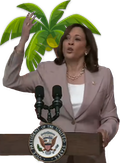
There would be a hell of a lot more homelanders than clark kents thats for sure. Could you imagine giving people prof xaviers power? That is just scary to me. Most people already abuse boundaries.
Ozymandias simply took superheroism to the logically insane extreme that overwhelming violence could bully the entire world into not being so naughty. Since that was more or less how all the other vigilantes behaved on their smaller scale, it's no surprise that they'd bow before it - they were still punching atomized symptoms in the face and he's the Very Smart lad who stood up and said "what if we live in a society and that is the bad guy... so what if we punched society". He's perhaps not quite as far gone as the Dark Judges, but...
Show___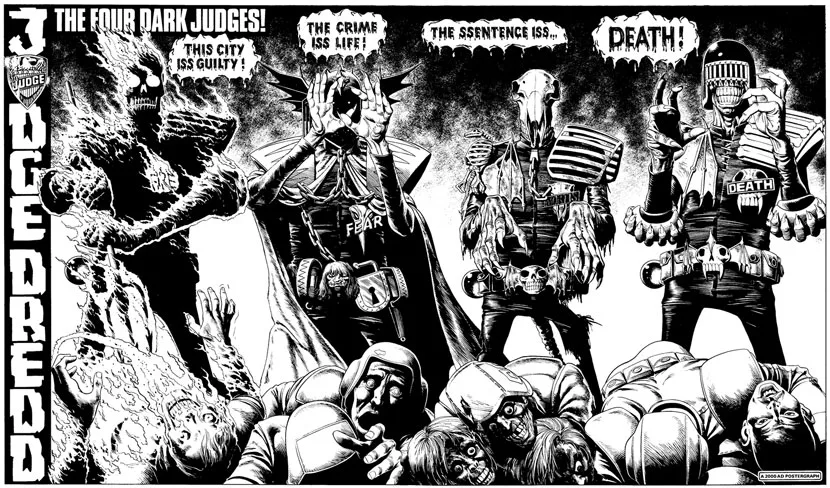
Well, maybe. His scheme relies first on trusting the immediate decision-making of a couple hundred military and political types around the world, "society" is pretty much out of the loop until a few days after they avoid triggering MAD by reflex.
Yeah that's a good analysis and I didn't mean to say I think Rorschach is right or good, but I do like him in that he's an interesting characters as are others. The "technically right" part of OP's question is open to some interpretation I guess since Ozymandias is successful in his plot despite it being evil. I mean, the premise here is that a villain is right so it's tricky to say they're doing something "correct", but actually still a villain. He's successful. His plan works at least up until the end of the written story and the protagonists agree with him (mostly). Oh man, mentioning Watchmen opens a can of worms!
Nah you're probably right, I just took the 'villain' being in quotes too far probably.
I don't think it's fair to say that most heroes sided with him. I think that they would've tried to stop him if they had the chance. But because it was already done they have to admit that the best way to turn that horrendous sacrifice into something positive is to follow the plan to unite the world
Hero (2002), a Chinese movie about a guy who realizes that peasants are scum and need the iron fist of a just and kind ruler to keep them civilized. He initially planned on murdering the benevolent monarch because peasants are nothing more than barbaric, uneducated fools, but he shows that rare trait after so long of finally realizing that obviously a monarch would know better, and they basically work together to fight the system, but the monarch is forced, reluctantly and painfully, to give the idiot peasants what they want and have the guy executed.
I can't remember the plot very well but iirc that was one of the most beautiful movies I'd ever seen.
I kind of enjoyed it when I watched it (the ending was the best part), but I got kind of annoyed watching the same story get retold with minor differences multiple times (I think it's a famous technique named after Digimon's gate?), with the major differences being few and far between.
I'll have to rewatch it again one of these days. It's been like 20 years.
been a while since I've seen it but I don't remember it being particularly anti-peasant? IIRC it was still pretty dubious politically but more about the hero becoming pragmatic that it was less important which warring state came out on top than it was to end the cycle of war.
Admittedly I'm being a little cheeky but honestly it was probably a movie that simply took pride in China's history and not intended to make any kind of elitist messaging.



